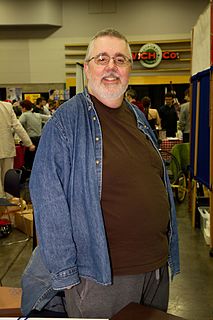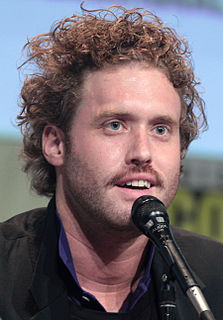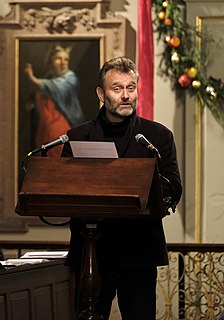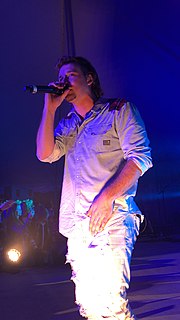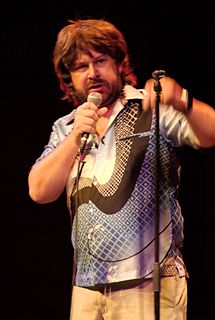A Quote by Mark Zuckerberg
You hear these stories about people who take apart their radio and put it back. Or just learn a lot from taking it apart. But I wasn't as into that stuff as I was just into how computer programs work.
Related Quotes
It strikes me that the only reason to take apart a pocket watch, or a car engine, aside from the simple delight of disassembly, is to find out how it works. To understand it, so you can put it back together again better than before, or build a new one that goes beyond what the old one could do. We've been taking apart the superhero for ten years or more; it's time to put it back together and wind it up, time to take it out on the road and floor it, see what it'll do.
One of the problems of taking things apart and seeing how they work - supposing you're trying to find out how a cat works--you take that cat apart to see how it works, what you've got in your hands is a non-working cat. The cat wasn't a sort of clunky mechanism that was susceptible to our available tools of analysis.
One path I've used a lot is to deeply and thoughtfully consider a trope or a tradition, and then set about taking it apart - but only in the service of a character or story that deserves it. Another path I often employ is to put form into "play" - to set it free from its ordinary constraints and let it be free-floating and broken-apart and rearranged.

